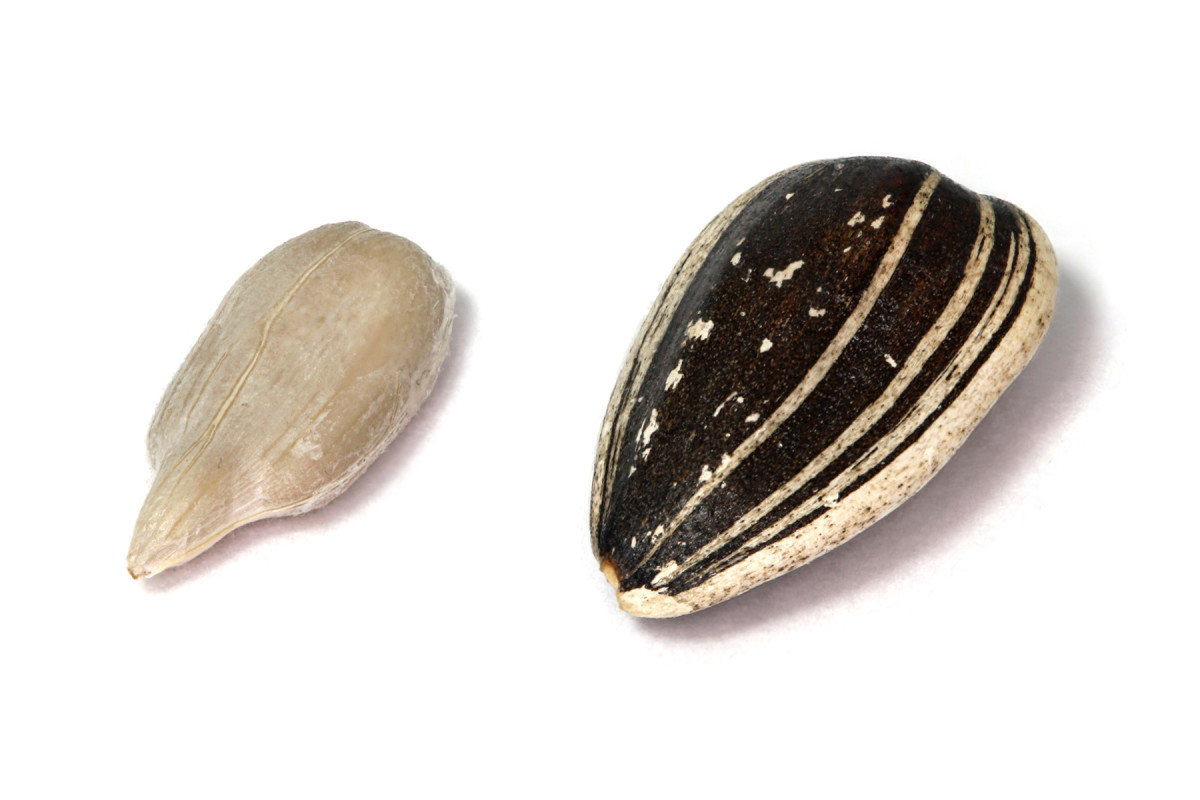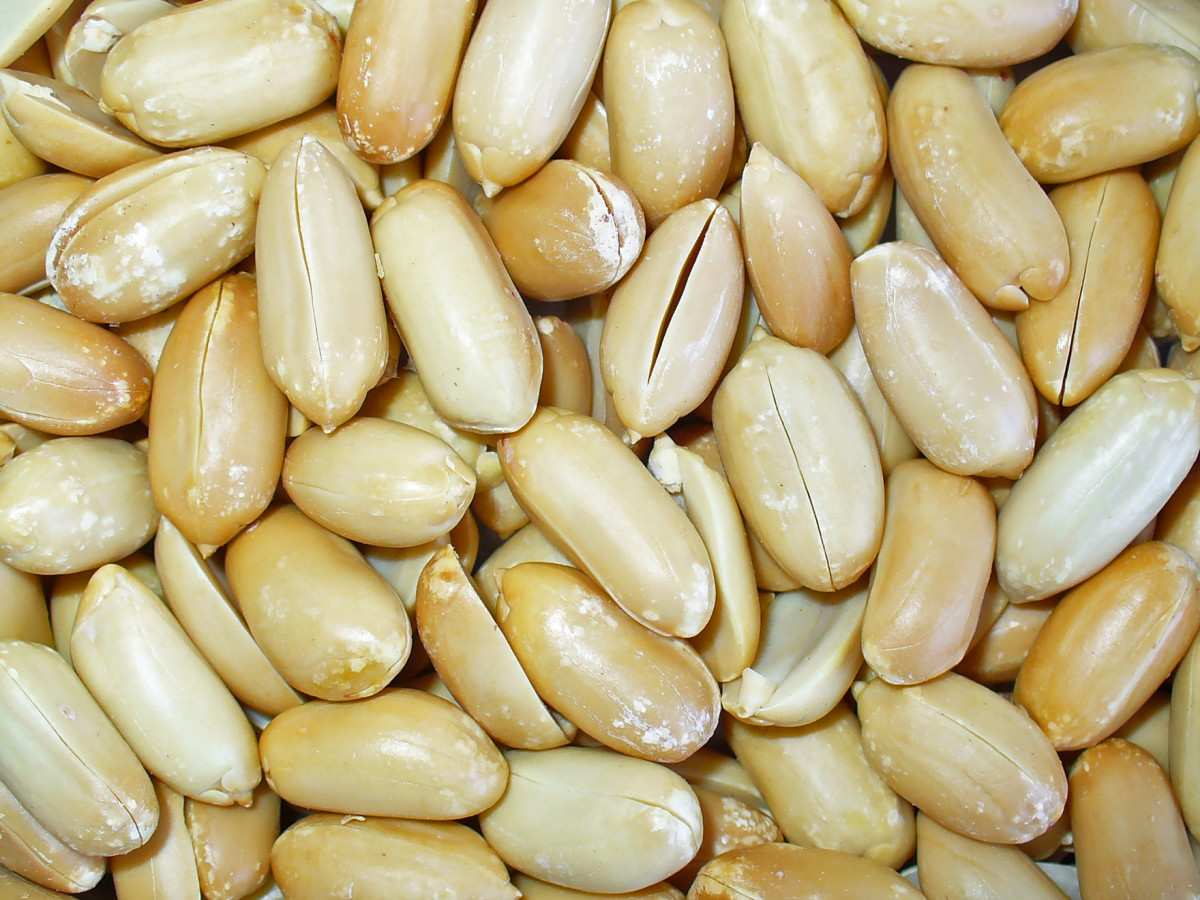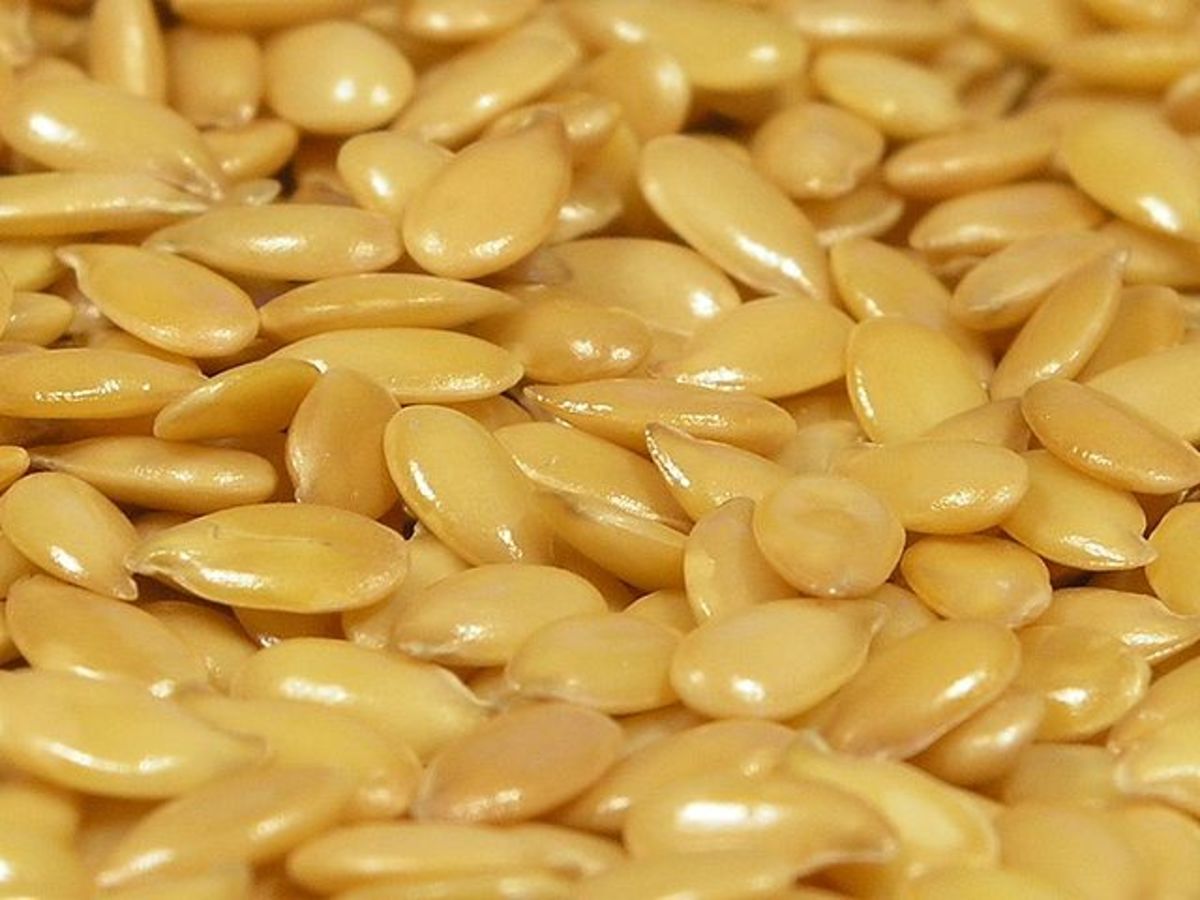Mediterranean diet and its health benefits
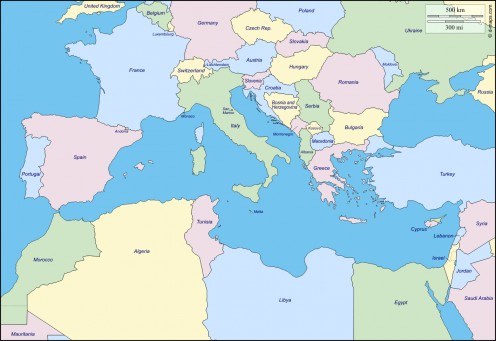
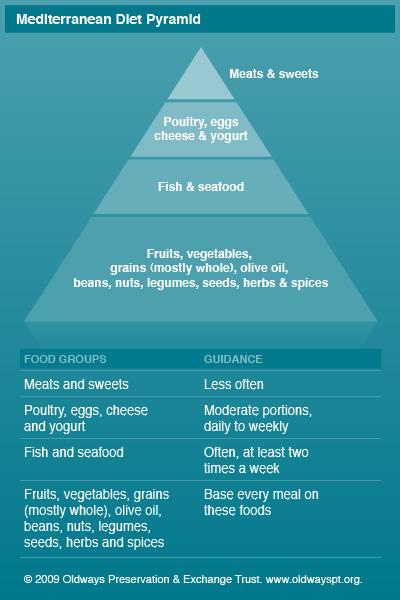
The Mediterranean diet is a diet which is popularly consumed by people living in countries surrounding the Mediterranean Sea, which means “the sea surrounded by the lands”. It has been the topic of research of scientists for over 50 years. It has been found in many scientific studies that it is one of the healthiest diets in the world. Different statistics of the data of eating habits and their effects on health and longevity collected from the people residing in the Mediterranean countries indicate that the people of the region enjoy the lowest recorded rates of chronic diseases and the highest life expectancy. The characteristics of the Mediterranean diet are as follows –
- It contains an abundance of foods from plant sources, including fruits, vegetables, whole grains, nuts and seeds, which are to be consumed daily.
- It emphasizes on seasonally fresh and locally grown foods. It includes minimally processed foods.
- Olive oil is its principal fat. Its total fat content is less than 25% with saturated fat no more than 7 - 8%.
- It includes daily consumption of low to moderate amounts of cheese and yogurt.
- It includes consumption of low to moderate amounts of fish and poultry twice a week.
- It emphasizes the consumption of lean red meat few times a month.
- Sweets are recommended one to three servings a month.
- It recommends moderate amounts of wine normally with meals – one to two glasses per day for men and one glass per day for women. It is to be avoided when consumption will put the individual at risk.
- It is emphasized that if a daily schedule of regular physical activity in included, the beneficial effects of the diet on the health are further increased.
The diet provides ample nutrients and phyto-nutrients which have benefits ranging from anti-inflammatory, anti-viral, anti-mutagenic, anti-oxidant, anti-thrombotic and vasodilatory effects. The fish in the diet provides two essential fatty acids – omega-3 and omega-4. Over the years, the amount of omega-6 in our diet increased to about 20 times the amount of omega-3, which may be harmful. Mediterranean diet provides sources high in omega-3 fatty acids. The numerous herbs and spices included in the diet have anti-microbial, anti-oxidative, anti-inflammatory, immunomodulatory, anti-diabetic, anti-atherosclerosis, and anti-viral properties.
Health benefits – The Mediterranean offers a large number of health related benefits.
Reduces heart diseases – Many studies have confirmed that the Mediterranean diet reduces the heart disease as much as 30%, which is quite significant because the burden of cardiovascular disease is excessive all over the world. The diet also helped even those who did not lose weight. The people from the Mediterranean countries seem to have lower rates of the heart disease, which can largely be attributes to their diet.
Reduces stroke – The diet reduces the incidence of stroke as much as 30%, which is also quite significant.
Lowers peripheral artery disease – Peripheral artery disease (PAD) is caused by the build-up of fatty deposits in the arteries that reduces blood flow to the different parts of the body mainly to the limbs. PAD can increase the risk of heart disease and stroke. It has been found that the prevalence of PAD is lower among people who follow a Mediterranean diet.
Reduces incidence of chronic diseases – There is clear evidence that the Mediterranean diet decreases the incidence of chronic diseases in people who sincerely follow it as the diet is rich in fruits, vegetable, whole grains, nuts and olive oils; fish is eaten twice a week but lean meat and sugar only once.
Prevents type 2 diabetes - A study published recently in the Annals of Internal Medicine concluded that eating like the Greeks, Spanish and Italians, who follow a traditional Mediterranean diet, reduces the risk of type-2 diabetes. Even though the participants in the Mediterranean groups did not lose weight in the study, they did significantly reduce their risk for heart disease and diabetes.
Reduces cancer – It has been conclusively proven that a traditional Mediterranean diet significantly reduces the incidence of cancers.
Reduces incidence of Parkinson’s disease – Greater adherence to the Mediterranean diet significantly improves one’s overall health status. It has been found that this diet reduces the incidence of Parkinson’s disease by 13%.
Reduces incidence of Alzheimer’s disease – The Mediterranean diet has been found to reduce the incidence of Alzheimer’s disease as much as 13% which is quite significant.
Maintains agility – The nutrients contained in a Mediterranean diet reduces development of muscle weakness and frailty by 70% in elderly persons.
Increases longevity – Among people who follow a Mediterranean diet reduce their risk of death by 20% at any age.
Reduces incidence of metabolic syndrome – The researchers reported that a Mediterranean diet is associated with lower blood pressure, blood sugar and triglycerides, which are the components that are raised in the metabolic syndrome.
Summary – The Mediterranean diet is consumed by people living in the Mediterranean countries. The diet is considered to be one of the healthiest diets as demonstrated statistically by the data collected about health of the people of Mediterranean countries, who have a lowest rate of chronic diseases and highest life expectancy. Characteristically, it is rich in vegetables, fruits, whole grains, nuts and seeds which are to be consumed daily and it also recommends daily consumption of low to moderate amounts of yoghurt and cheese. Olive oil is the principal fat used in cooking. The diet also recommends moderate amounts of wine with meals – not more than two glasses for men per day and one glass for women per day.
The diet provides a number of health related benefits which include a reduction in heart disease, stroke, and peripheral artery disease. It prevents type-2 diabetes, and also reduces cancers, Parkinson’s disease, Alzheimer’s disease, chronic diseases and metabolic syndrome. It maintains agility in elderly persons and increases longevity at any age.

